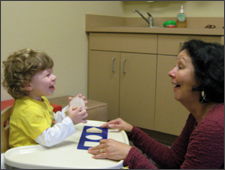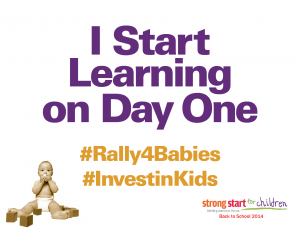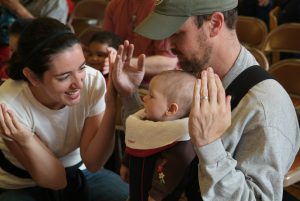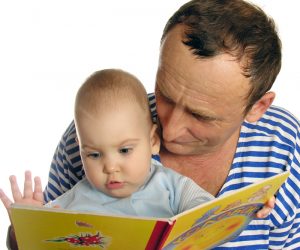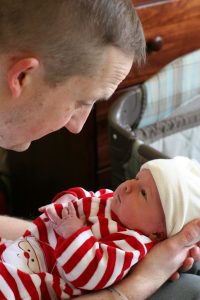Read these brief informative pieces from For Our Babies, early child care groups, and guest bloggers. Topics cover a wide range of ideas from reading, to follow-up care for children with disabilities or other special needs, to taking action for our babies and our future.


